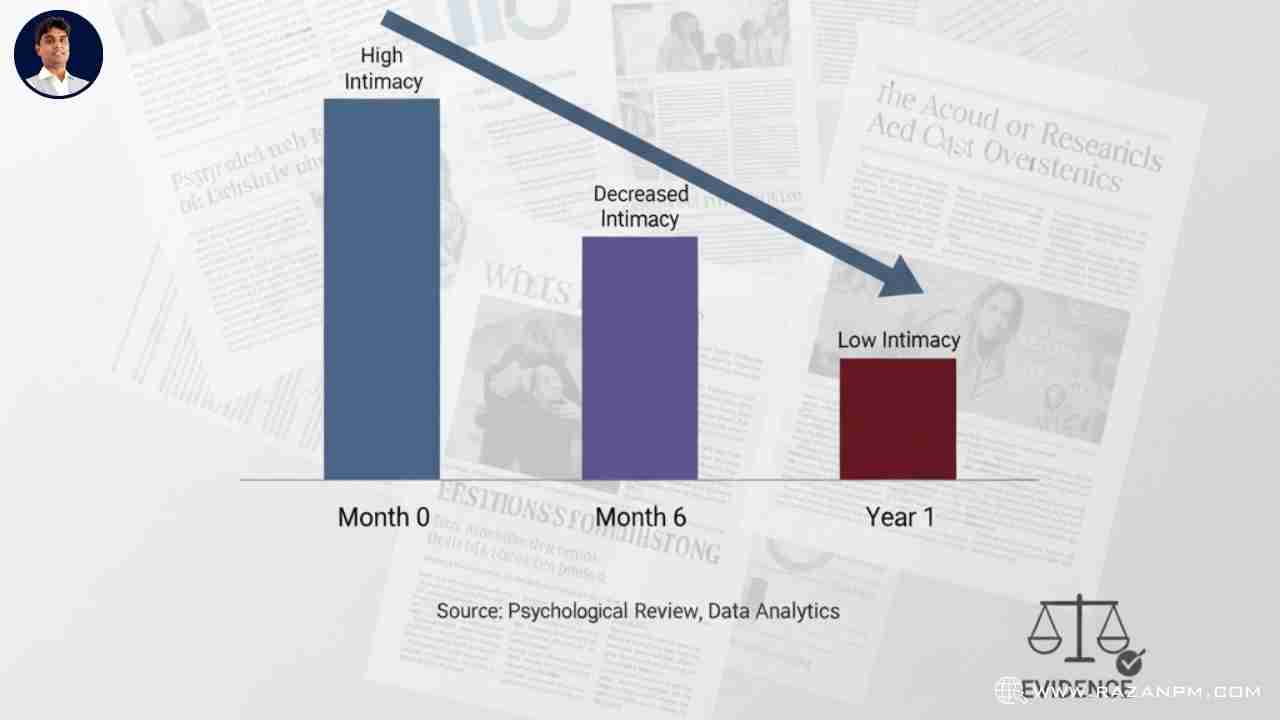You know that moment when you text your partner — “Hey, all okay?” — and they reply hours later with a simple “Yeah, fine.”
That’s it. No emoji, no warmth, no follow-up.
And suddenly your brain goes, “Wait, are we okay? Did I do something?”
It’s funny how the quiet moments in relationships can feel louder than any argument. One unread message turns into an overthinking marathon, and before you know it — you’re scrolling through old chats, searching for signs of distance.
But here’s the truth: silence isn’t always peace. Sometimes, it’s emotional disconnection quietly settling in — like fog you don’t notice until it blurs everything.
also read: why gen z couples regret moving intoo soon?

As a Counsellor & Mind Healer, I meet many individuals who say,
“We don’t fight. We just… don’t talk like before.”
“He’s there, but he’s not really there.”
“We’ve become roommates instead of partners.”
Sound familiar?
These are the quiet heartbreaks that don’t make noise but hurt deeply.
When communication fades, we start doubting ourselves — “Maybe I’m too emotional,” “Maybe I expect too much.” Slowly, the silence becomes our new normal. But beneath that calm surface, our emotional connection begins to erode.
also read: how past trauma shapes your healthtoday?

If you’re wondering whether your relationship has slipped into this quiet space, here are some clear signs to notice:
1. Conversations feel transactional.
You talk about chores, bills, or schedules — but not feelings.
2. You avoid deep topics.
Every emotional talk feels heavy, so you both stay on the surface.
3. Physical closeness reduces.
Hugs feel routine, and even sitting together feels distant.
4. You feel unseen or unheard.
You start thinking, “Even if I speak, what’s the point?”
Increased irritability or numbness.
Instead of anger, you just feel... nothing.
also read: 7 signs your addiction may be hidingdepression
According to the DSM-5 (Diagnostic and Statistical Manual of Mental Disorders) and ICD-11 (International Classification of Diseases), emotional disconnection can stem from underlying issues like:
When these patterns go unnoticed, relationships start operating on “functional silence.”
You’re together, but emotionally alone.
In therapy, I often describe it like this:
“You both stopped fighting for connection — not because you don’t care, but because you don’t know how to reconnect anymore.”
also read: 5 ways couples reignite love after along break

A study by John Gottman (University of Washington) found that relationships rarely break due to one big fight — it’s the small, consistent disconnections that predict separation.
He calls them “emotional bids” — the moments when one partner reaches out and the other doesn’t respond.
Over time, these missed bids create emotional debt.
Another Harvard study on adult relationships showed that emotional attunement — the ability to stay emotionally responsive — is the strongest predictor of long-term relationship satisfaction.
So yes, silence can be love’s slowest exit.
also read: how texting culture is changing genz relationships
Let me share a real (name-changed) story from therapy.
Riya and Arjun, married for 6 years, came to me saying, “We never fight, but we feel like strangers.”
Their sessions started quietly — literally. Long pauses, polite smiles, no blame.
One day, I asked them to recall their last deep conversation.
They looked at each other and said, “Maybe two years ago.”
When we explored further, Riya said,
“He used to ask how my day was. Now he just says ‘hmm.’”
And Arjun admitted,
“I stopped asking because she looked tired. I didn’t want to start another emotional talk.”
It wasn’t lack of love — it was fear of discomfort.
Both avoided emotional conversations, thinking they were protecting each other, but in reality, they were building emotional walls.
Through guided therapy, they learned to talk again — not about “fixing” things, but about feeling things together.
And you know what? Their first true moment of connection came not in words, but in shared silence — when silence felt peaceful, not painful.
also read: the real psychology behind left onread anxiety

Here’s one small but powerful exercise I often give my clients:
How it works:
1. Sit together — phones away.
2. Each partner shares how they felt today, not just what happened. Example: Instead of “I had meetings all day,” say “I felt overwhelmed and a bit lonely at lunch.”
3. The other partner only listens — no fixing, no advice, just empathy.
Why it works:
When you validate emotions instead of analyzing them, your partner feels seen.
And feeling seen is the first step back to emotional intimacy.
Try it tonight. You’ll be surprised how much warmth five minutes can bring.
also read: how disorders like insomnia fueldepression?
This small step opens the door — but walking through it requires guided emotional healing.
Sometimes, emotional disconnection is rooted in old wounds — from childhood, past trauma, or attachment insecurities.
In therapy, we work through those deeper layers to rebuild emotional safety.
Because connection isn’t about talking more — it’s about feeling safe enough to be real.
also read: how isolation triggers illness anddepression together?
If any part of this story feels like yours, please know — you’re not alone, and your silence doesn’t mean it’s over.
As a Govt.Recognized Counsellor & Mind Healer, I help individuals and couples rediscover emotional closeness with compassion, not judgment.
✨ If this feels familiar, you don’t have to figure it out alone.
Book your consultation here — let’s rebuild the connection that words once carried, together.
👉 Begin Your Journey with a 1 on 1 Consultation
👉 Begin Your Journey with a 1 on 1 Consultation

Emotional disconnection often comes from lack of communication, unresolved conflicts, or fear of vulnerability. Over time, partners stop sharing feelings, leading to silent emotional gaps.
also read: how to stop the cycle of pain anddepression?
Yes, some quiet relationships are peaceful. But if silence replaces emotional sharing, it signals emotional distance, not comfort. Healthy quietness feels calm, not cold.
also read: what to do when i love you gets noreply?
You may notice signs like short responses, lack of eye contact, less affection, and reduced emotional support. These are red flags of growing disconnection.
also read: how fear of rejection kills realconnection?
Start with small emotional check-ins daily. Listen without judgment, express feelings openly, and seek guidance from a clinical psychologist or couples therapist for deeper healing.
also read: why timing turns simple talks intobig arguments?
No, not always. Emotional distance can be repaired with awareness, effort, and guided support. Many couples rebuild closeness through therapy and consistent communication.
also read: how everyday pressure breaks yourmind?
Prolonged emotional silence can trigger anxiety, loneliness, or even depressive symptoms. Emotional expression is essential for mental balance and relationship stability.
also read: do voice notes kill realconversations?
